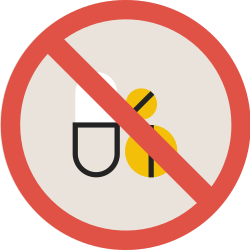Select Maps
| Map 1 | |
|---|---|
| Opioid Indicators | |
| Drug-related Deaths | |
| Age-adjusted Drug Poisoning Deaths per 100,000 (Modeled) | |
| Opioid Prescriptions per 100 Persons | |
| Number of 30 Days Supply of Opioids per Part D Enrollee | |
| Vulnerable County Rank | |
| HIV Indicators | |
| Number of People Living with Diagnosed HIV | |
| Number or People Living with Diagnosed HIV per 100,000 | |
| New HIV Diagnoses | |
| Counties and States included in the Ending the HIV Epidemic Plan | |
| Services Indicators | |
| Facilities Providing Substance Abuse Services | |
| Facilities Providing Some Medication Assisted Treatment | |
| Facilities Providing All Medication Assisted Treatments | |
| Providers Licensed to Administer Buprenorphine | |
| Syringe Exchange Programs | |
| Distance to Nearest SSP | |
| Distance to Nearest Substance Abuse Facility providing MAT | |
| Other Indicators | |
| Unemployment Rate | |
| Percent of People without Health Insurance | |
Tennessee: 1st Congressional District
District Profile
State Opioid Policies
Several policies can mitigate the impact of increased opioid use. These include legislation permitting the operation of syringe exchange programs, good samaritan laws that provide legal protections to bystanders who call for help in the event of an overdose, and state Medicaid coverage of methadone for the treatment of opioid use disorder. In addition, states experiencing, or at an elevated risk of, experiencing HIV or hepatitis outbreaks may use federal DHHS funds to support syringe service programs. In order to be eligible to do so, state, local, tribal, and territorial health departments must consult with CDC and provide evidence demonstrating risk.
State and District Trends
| * Small values are suppressed to preserve confidentiality. State-level data include the suppressed estimates so county rows will not sum to state totals. |



